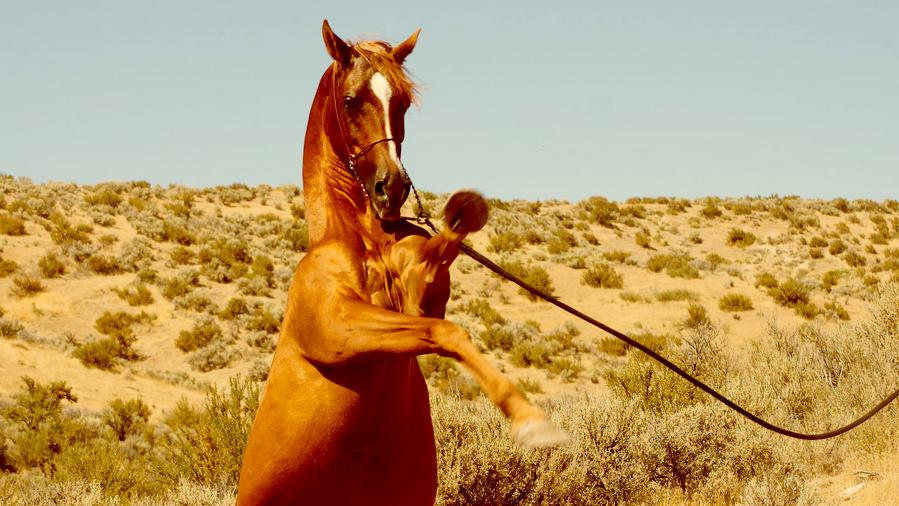(Note: the weekend selections may be longer this month)
Seeing many who inspire confidence,
evolved and well-restrained,
the hermit Paṇḍarasagotta
asked the one known as Phussa:
“In future times,
what desire and motivation
and behavior will people have?
Please answer my question.”
“Listen to my words,
Paṇḍarasa the hermit,
and remember them carefully,
I will describe the future.
In the future many will be
angry and hostile,
offensive, stubborn, and devious,
jealous, holding divergent views.
Imagining they understand the depths of the teaching,
they remain on the near shore.
Superficial and disrespectful towards the teaching,
they lack respect for one another.
In the future
many dangers will arise in the world.
Idiots will defile
the Dhamma that was taught so well.
Though bereft of good qualities,
unlearned prattlers, too sure of themselves,
will become powerful
in running Saṅgha proceedings.
Though possessing good qualities,
the conscientious and unbiased, acting in the proper spirit,
will become weak
in running Saṅgha proceedings.
In the future, fools will accept
money, gold, and silver,
fields and land, goats and sheep,
and bonded servants, male and female.
Fools looking for fault in others,
but unsteady in their own ethics,
will wander about, insolent,
like cantankerous beasts.
They’ll be arrogant,
wrapped in robes of blue;
deceivers and flatterers, pompous and fake,
they’ll wander as if they were noble ones.
With hair sleeked back with oil,
fickle, their eyes painted with eye-liner,
they’ll travel on the high-road,
wrapped in robes of ivory color.
The deep-dyed ocher robe,
worn without disgust by the free,
they will come to loathe,
besotted by white clothes.
They’ll want lots of possessions,
and be lazy, lacking energy.
Weary of the forest,
they’ll stay within villages.
Being unrestrained, they’ll keep company with
those who get lots of stuff,
and who always enjoy wrong livelihood,
following their example.
They won’t respect those
who don’t get lots of stuff,
and they won’t associate with the wise,
even though they’re very amiable.
Disparaging their own banner,
which is dyed the color of copper,
some will wear the white banner
of those who follow other paths.
Then they’ll have no respect
for the ocher robe.
The mendicants will not reflect
on the nature of the ocher robe.
This awful lack of reflection
was unthinkable to the elephant,
who was overcome by suffering,
injured by an arrow strike.
Then the six-tusked elephant,
seeing the deep-dyed banner of the perfected ones,
straight away spoke these verses
connected with the goal.
One who, not free of stains themselves,
would wear the robe stained in ocher,
bereft of self-control and truth:
they are not worthy of the ocher robe.
One who’s purged all their stains,
steady in ethics,
possessing truth and self-control:
they are truly worthy of the ocher robe.
Devoid of virtue, unintelligent,
wild, doing what they like,
their minds astray, indolent:
they are not worthy of the ocher robe.
One accomplished in ethics,
free of greed, serene,
their heart’s intention pure:
they are truly worthy of the ocher robe.
The conceited, arrogant fool,
who has no ethics at all,
is worthy of a white robe—
what use is an ocher robe for them?
In the future, monks and nuns
with corrupt hearts, lacking regard for others,
will disparage those
with hearts of loving-kindness.
Though trained in wearing the robe
by senior monks,
the unintelligent will not listen,
wild, doing what they like.
With that kind of attitude to training,
those fools won’t respect each other,
or take any notice of their mentors,
like a wild colt with its charioteer.
Even so, in the future,
this will be the practice
of monks and nuns
when the latter days have come.
Before this frightening future arrives,
be easy to admonish,
kind in speech,
and respect one another.
Have hearts of love and compassion,
and please do keep your precepts.
Be energetic, resolute,
and always staunchly vigorous.
Seeing negligence as fearful,
and diligence as a sanctuary,
develop the eightfold path,
realizing the deathless state.”
The Buddha also makes an important reference to the time when the Sangha will be corrupted in this passage in MN 142: Dakkhiṇāvibhaṅgasutta, where he says that even a gift given to the Sangha at that time will be fruitful.
There are two stories where an elephant recites the two verses mentioned above. They are verses 9 & 10 in the Dhammapada. The first, and shorter of the two, can be found in the commentary to those verses. The second is found in the commentary to Ja 514, The Story about (Lake) Chaddanta,
Read this translation of Theragāthā 17.1 Phussattheragāthā: Phussa by Bhikkhu Sujato on SuttaCentral.net. Or read a different translation on SuttaCentral.net or SuttaFriends.org. Or listen on SC-Voice.net. Or explore the Pali on DigitalPaliReader.online.
Or read a translation in Deutsch, Русский, Bahasa Indonesia, 日本語, Norsk, සිංහල, or Tiếng Việt. Learn how to find your language.


 Copyright: Creative Commons Zero (CC0) To the extent possible under law, Bhikkhu Sujato has waived all copyright and related or neighboring rights to his own translations on
Copyright: Creative Commons Zero (CC0) To the extent possible under law, Bhikkhu Sujato has waived all copyright and related or neighboring rights to his own translations on